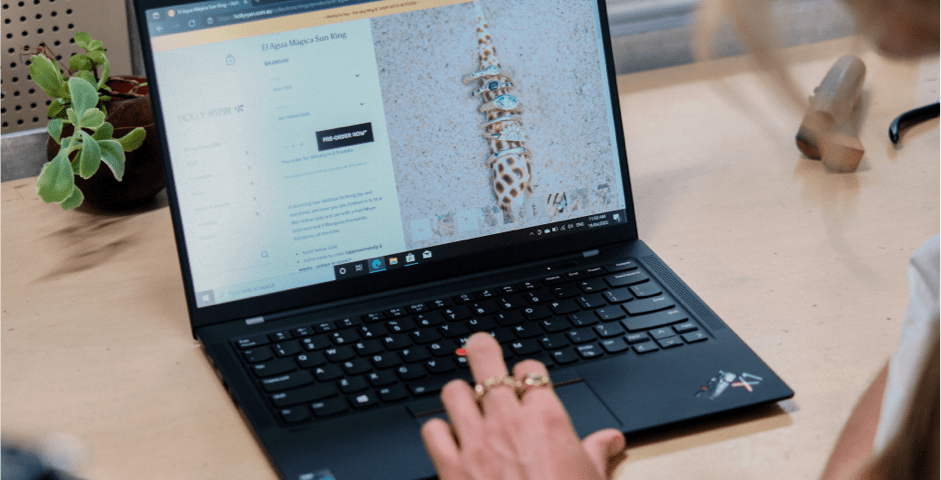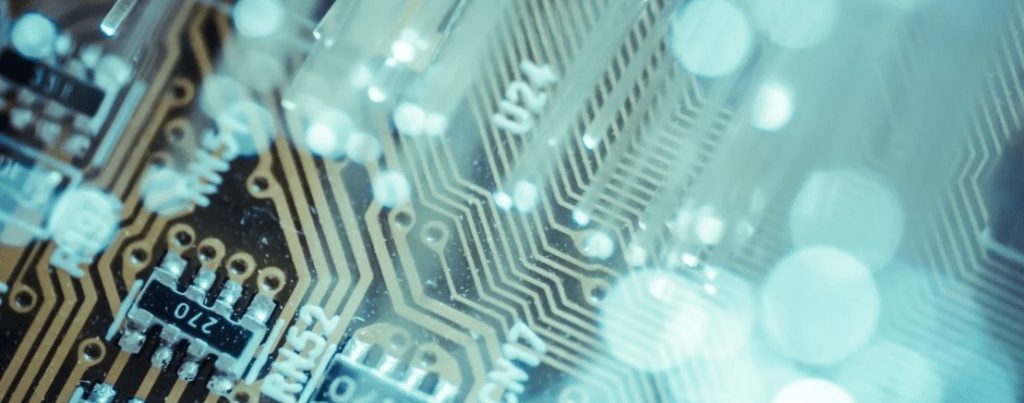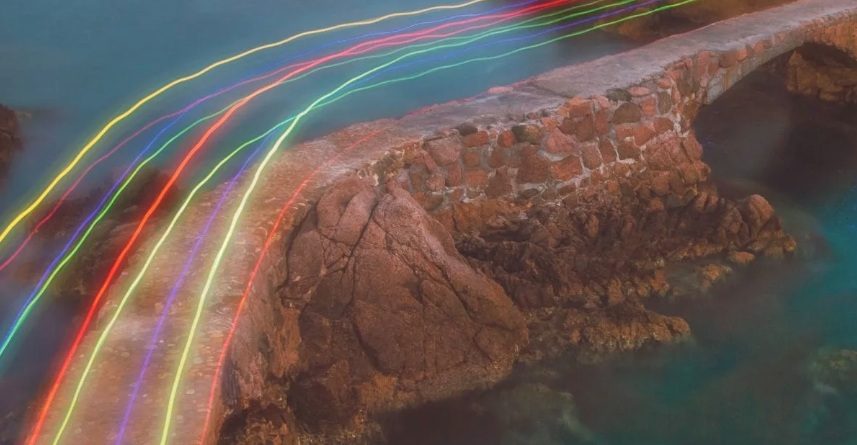Lenovo partners with ethical jeweller Holly Ryan to raise awareness.
While 83 per cent of IT leaders claim their organisations place moderate to high priority on environmental issues, only half say e-waste is disposed of responsibly.
Furthermore, 60 per cent don’t track the amount of e-waste their companies produce each year, new research from Lenovo suggests.
Meanwhile, according to the global E-waste Monitor, high-value recoverable materials, such as gold, conservatively valued at US$57 billion, are being lost to landfill and incinerators.
The research found only 26 per cent of senior New Zealand-based IT business leaders said they are very aware of the potential economic value that resides in their organisations’ electronic-waste.
To bring awareness to the potential value of e-waste and the power of the circular economy, Lenovo has launched a collaboration with Australia-based sustainable jeweller Holly Ryan, who has created an exclusive range of rings made from recycled e-waste metals.
“Lenovo Precious Metals” is a set of four one-off designer rings made from gold, silver and platinum retrieved from e-waste.
Libby Macgregor, country manager for Lenovo NZ, said Aotearoa IT business leaders clearly understood the importance of impacting the environment positively, but there was more to do to sustainably management e-waste.
“Not only does a responsible approach to e-waste management mean a crucial contribution to the circular economy, but there is also a strong economic value for businesses,” Macgregor said.
“I’m proud we’re putting focus on e-waste management, and by 2025, we will have enabled the recycling and reuse of 362 million kilograms of end-of-life products and 76 per cent of PC parts returned to our service centre will be repaired for future use.”
Ryan said she was deeply passionate about sustainability and had built her business sourcing recycled metals and stones for her designs.
“The “Precious Metals” range – symbolic of the power of the circular economy – takes ethical jewellery making to the next level,” she said.
“I encourage all companies to be cognisant of what assets they may have within their business that can be recycled or upcycled and to put circular processes in place.”
Lenovo’s asset recovery services helps businesses get the most out of their end-of-life hardware, providing an end-to-end solution to mitigate the environmental and data security risks associated with asset disposal while maximising the value potential of those assets.
Lenovo intends to award the set of four rings to staff who volunteer in the community as a token of recognition and to raise money by auctioning off the rings to support other philanthropic initiatives.
In April, Auckland-based Computer Recycling bought and deployed the world’s eighth Blubox e-waste shredding and optical sorting machine with the help of a $1.5 million grant from the Ministry for the Environment through Te Pūtea Whakamauru Para – Waste Minimisation Fund.


